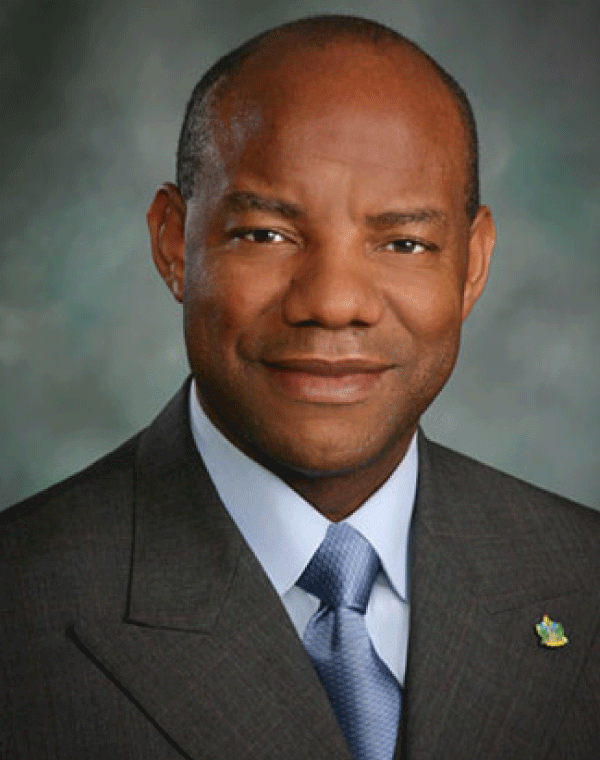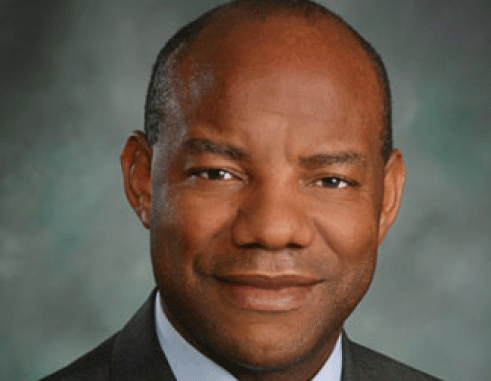
THERE is the need for added emphasis on citizen security to ensure that St. Lucia thrives in the 21st century. In this regard, there are seven areas, without prejudice to the others, that are of dire need and emphasis at the State level for progress to be made in the decades ahead. These include areas institutional strengthening, community participation, judiciary and Law enforcement, crime prevention and control, environment and sustainable development, food security, and Energy security.
The country must form a link with the above-mentioned and critically assess the gender impacts and dimensions to arrive at a more holistic approach to development. As a part of nation building, institutions, particularly at the level of the State, need to be strengthened through increased levels of training, improvements in the delivery of services, modernization of the public service, and increased use of information technology.
There is a compelling need to increase community participation whilst framing and implementing policies that are designed to promote citizen security. Citizens will only feel safe and secure and will be willing to be better citizens when they are consulted in the decision making processes, especially as it relates to their communities. It is crucial to seek them out as they may emerge from the private sectors, trade unions, youth movements, community groups, as well as other stakeholders. St. Lucians must reject the excessive focus on individualism over community. To achieve equality, opportunity and community should be among our core values. In order to remove the common perception in St. Lucia that it is difficult for the ordinary “man in the street” to obtain justice because of value perceptions, it will be necessary to institute measures to dispel such perceptions and to instil confidence in the society as a whole.
Citizens must be made aware of their rights. At the same time, delays in the administration of justice must be minimized, and additional training must be made available to the judiciary as well as other departments. Laws must be in place to deal with the increase in the use of information technology and the rapid rise in the rate of cyber crimes, while at the same time protect individual rights and one’s right to privacy.
On a national level, the growing rise in the rate of crime, continues to be one of the most pressing issues facing St. Lucians. Increased violence, rise in youth gangs, growth in the transshipment of drugs and other illegal substances threaten the fabric of our society and could undermine our democracy. Furthermore, growing violence has resulted in an economic burden as the State has had to divert scarce resources to deal with the scourge of violence. There is a worrying concern that the increase in crime, if not contained, will affect St. Lucia’s tourism industry, which is one of the country’s main source of foreign exchange and employment.
Citizens of St. Lucia will feel safe if authorities promote and implement policies which are designed to protect the environment and encourage sustainable development. In view of the importance of agriculture and tourism in generating employment and foreign exchange to St. Lucia, it is important to protect the environment whilst at the same time promoting projects aimed at developing the country.
Farmers in St. Lucia have an important role to play in promoting food security. In view of increased food imports and increasingly scarce foreign exchange, the nation must be sensitized about the important role that St. Lucia’s farmers can play in promoting citizen security. In addition to giving additional incentives to grow crops, farmers should be compensated for damage to their crops through natural disasters and have easy access to loans at concessionary rates; and the populace should be encouraged to use what the nation grows. Food security is inextricably linked to citizen security. A nation that cannot feed itself is vulnerable and so are its citizens. People will only feel safe and secure knowing that hunger is not an option for them.
St. Lucians will only be rewarded with the benefits of citizen security if stakeholders – the government, business community, youth groups, farmers, the media, trade union movement and others realize that the future of the country and its development agenda are being compromised. Further, by embracing citizen security they will be contributing to an agenda with a human face in which all citizens can and will want to support.
A human security approach for Saint Lucia, therefore, demands greater focus on policies for combining pro-poor growth with redistribution. It necessitates that the poor has access to productive resources such as land acquisition and tenure; improving social protection in various forms as deemed appropriate to the target populations; active labour market policies for employment creation that are robust to utilize approaches that address employment schemes and vocational training. Citizen security approaches need to pay close attention to the quality and cultural relevance of basic social services and to consider ways to minimize risks and ensure sustainability in the processes.
As we continue to grow as a nation, the burning question now that we have come to a greater appreciation of the dynamics at play when dealing with issues of citizen security is “Who are the drivers of this process?” Who takes the lead in ensuring that this issue is adequately addressed and given the appropriate state recognition that it rightly deserves. How then do we gain the level of preparedness required as a nation given the significance of Citizen Security to the post 2015 Agenda.
Second And Final Part
By Harvey Cenac














